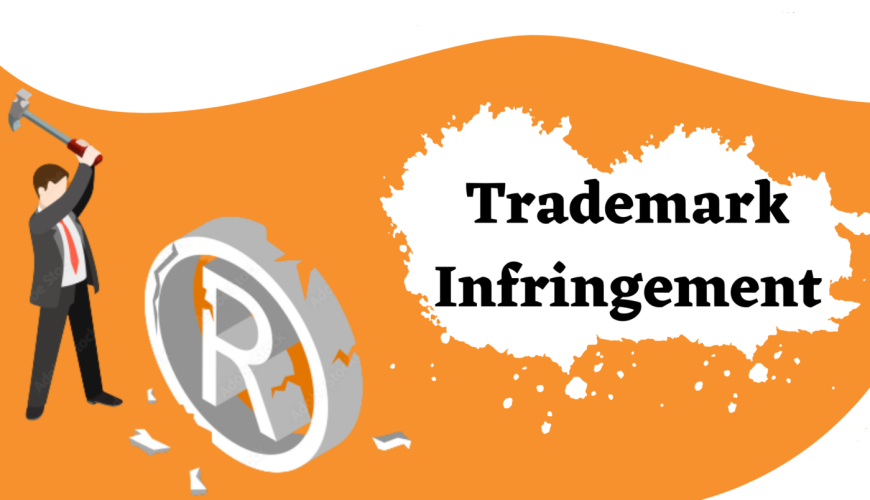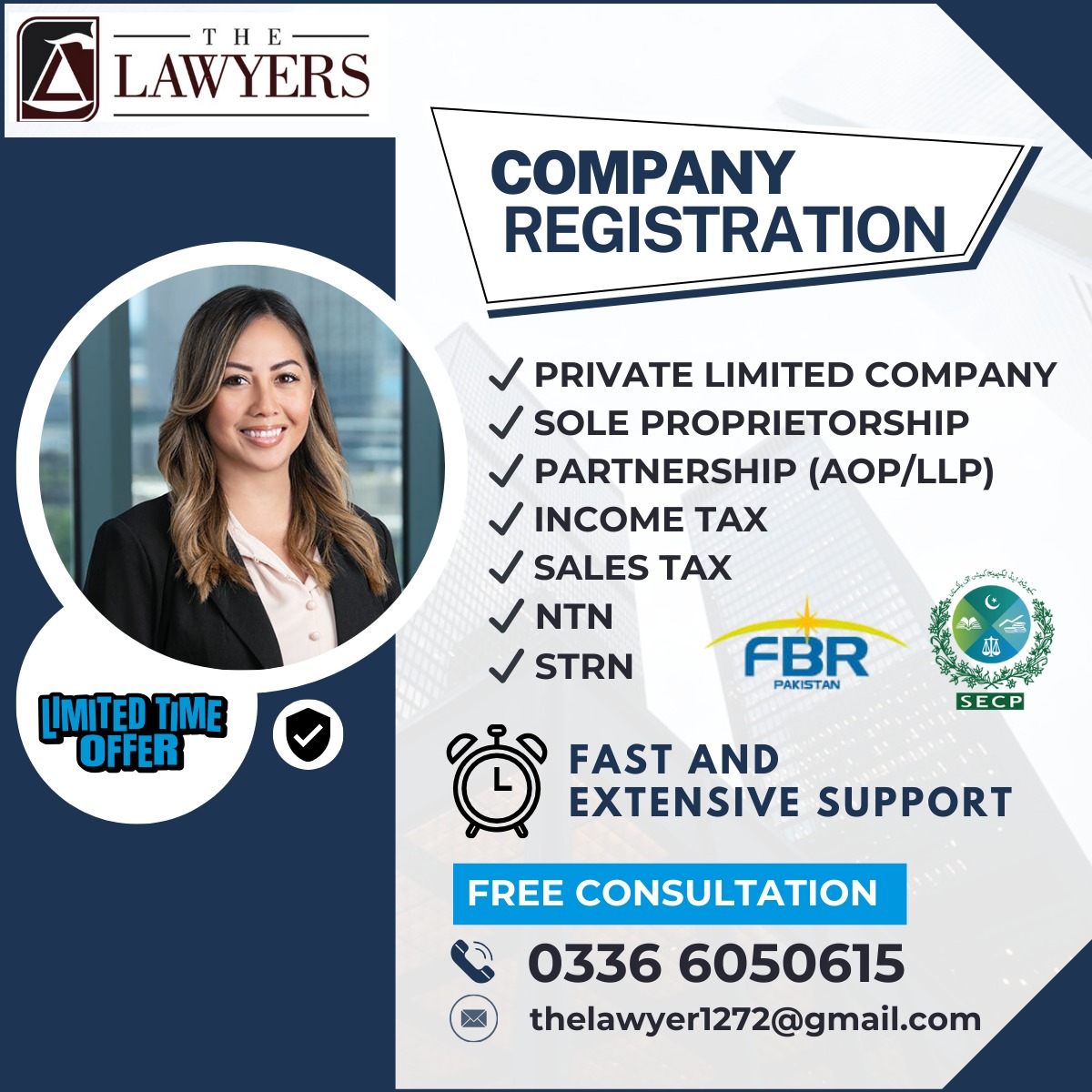Here are 20 frequently asked questions (FAQs) on trademark infringement:
- What is trademark infringement?
Trademark infringement occurs when someone uses a trademark that is identical or confusingly similar to a registered trademark without permission, potentially misleading consumers about the source of goods or services. - How is trademark infringement determined?
Infringement is determined by examining if the unauthorized trademark use causes a likelihood of confusion regarding the origin of goods or services. - What is a “likelihood of confusion”?
A “likelihood of confusion” means that consumers might mistakenly believe that two products or services come from the same source due to the similarity in branding or trademarks. - What are the penalties for trademark infringement?
Penalties may include injunctions (orders to stop using the mark), monetary damages, and in some cases, payment of the trademark owner’s legal fees. - Can I accidentally infringe on a trademark?
Yes, even unintentional use of a similar or identical trademark can be considered infringement if it creates a likelihood of confusion. - Is my trademark automatically protected once I start using it?
In some countries, unregistered trademarks are protected through common law rights if they have been used in commerce, but registration offers stronger legal protection. - How can I avoid infringing on someone else’s trademark?
Conduct thorough trademark searches, register your trademark, and ensure your branding is unique and distinct from existing marks in your industry. - What is “fair use” in trademark law?
Fair use allows limited use of a trademark for purposes like commentary, criticism, or comparative advertising without constituting infringement. - How do I prove someone infringed on my trademark?
You need to show that you own a valid trademark, that the other party’s mark is likely to cause confusion, and that the other party’s use was unauthorized. - What should I do if I receive a cease-and-desist letter for trademark infringement?
Review the claim carefully, consider consulting an attorney, and respond within the specified time to avoid escalating legal issues. - Can I use a competitor’s trademark in my advertisements?
Comparative advertising is permitted in some cases under fair use, but be cautious to avoid creating confusion or implying endorsement. - How long does a trademark infringement lawsuit take?
It varies depending on case complexity, but such lawsuits can often take months to years to reach a resolution. - What is a “cease-and-desist” letter?
A cease-and-desist letter is a formal request from a trademark owner to stop infringing activities, often the first step before a lawsuit. - Can a trademark infringement case be settled out of court?
Yes, many cases are settled through negotiations, licensing agreements, or by modifying branding elements to avoid infringement. - What is dilution, and how does it differ from infringement?
Dilution occurs when a famous trademark’s distinctiveness or reputation is weakened, even without confusion; infringement specifically involves likelihood of confusion. - Is using a similar domain name considered trademark infringement?
If a similar domain name is likely to cause confusion, it may be considered trademark infringement, particularly if it diverts traffic from the trademark owner. - Can I face trademark infringement charges if I sell a product with a logo similar to another brand?
Yes, using a logo or branding that resembles a registered trademark can be considered infringement if it causes confusion about the product’s origin. - What is counterfeiting in trademark law?
Counterfeiting is a severe form of infringement where an identical or nearly identical mark is used on identical products, often involving fraudulent imitation. - What defenses can I use if accused of trademark infringement?
Possible defenses include arguing lack of confusion, fair use, abandonment of the trademark by the owner, or proving the trademark is generic or descriptive. - What role does intent play in trademark infringement?
Intent is not required for infringement, although willful infringement (knowingly copying) can lead to harsher penalties and higher damages.
Why Choose “The Lawyers” for Your Trademark Registration in Pakistan?
With so many legal service providers, you may wonder why “The Lawyers” stands out. Here’s what sets us apart:
- Experience: Our firm has years of experience in trademark registration, ensuring we understand the intricacies of intellectual property laws and best practices.
- Dedicated Customer Service: We prioritize our clients’ needs, offering personalized support to ensure their trademarks are registered successfully.
- Affordable Rates: Our competitive pricing makes it affordable for businesses of all sizes to protect their trademarks without compromising on quality.
When you partner with “The Lawyers,” you’re not just getting a service provider; you’re gaining a trusted advisor who will support you every step of the way in protecting your brand.
Contact Us Today!
If you’re ready to protect your brand and establish a strong presence in the market, reach out to “The Lawyers” for the best trademark registration services in Pakistan. For inquiries, consultation, or to start the registration process, feel free to contact us at +92-0336-6050615. You can also send a WhatsApp message to get started!
Secure your brand with “The Lawyers”—because your brand deserves the best protection.
Save your time and register your Trade Mark from us today!![]()


